Acute Kidney Injury (AKI)
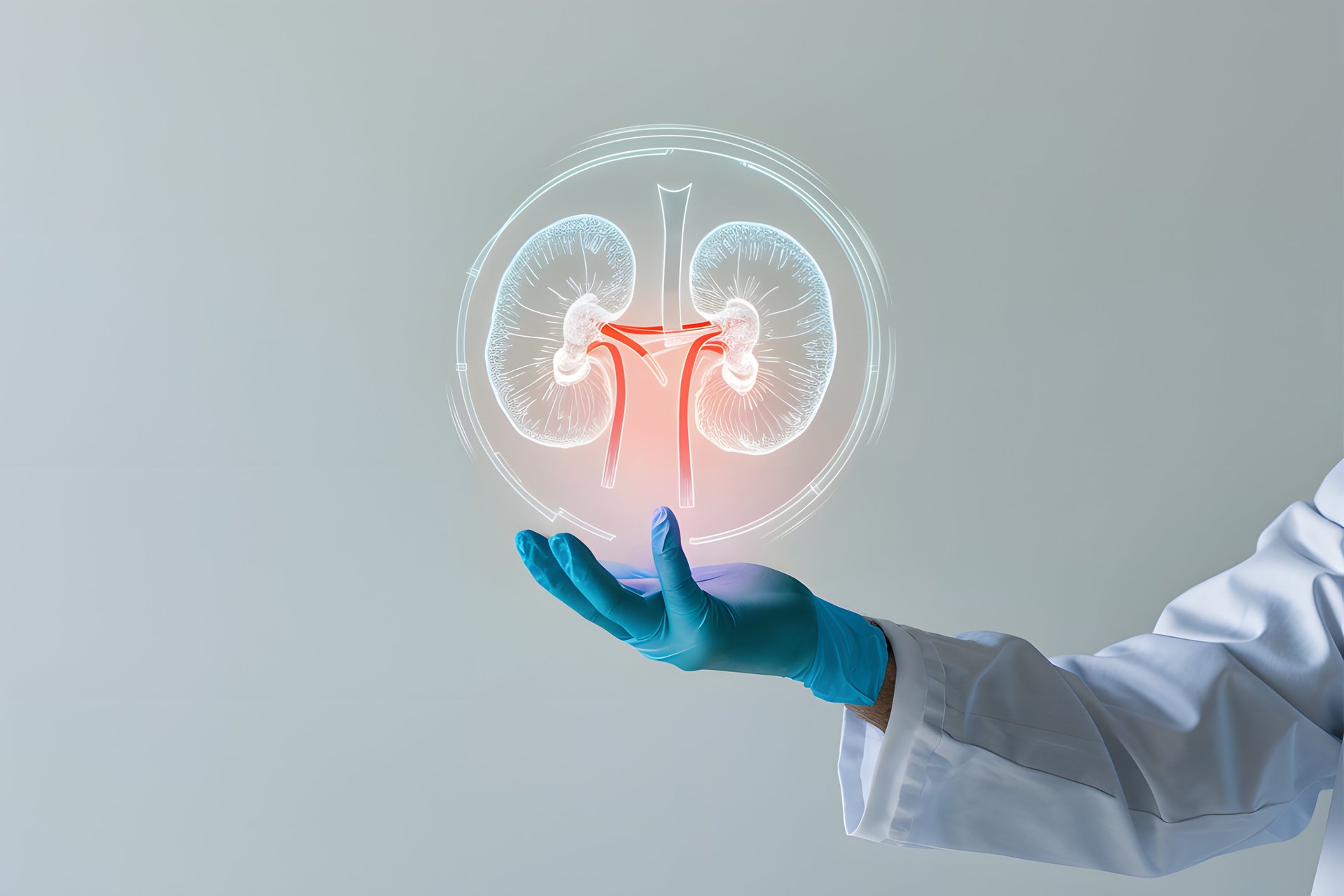
Acute Kidney Injury (AKI)—previously known as acute renal failure—is a sudden decline in kidney function that occurs over a short period, often within hours or days. AKI causes a rapid build-up of waste products, electrolytes, and fluid in the body, which can lead to serious complications if not treated promptly.
Unlike chronic kidney disease, AKI is usually reversible if diagnosed early and managed correctly. It often develops in hospitalized patients, especially those critically ill or undergoing major surgery, but can also occur in the community due to infections, dehydration, or medication side effects.
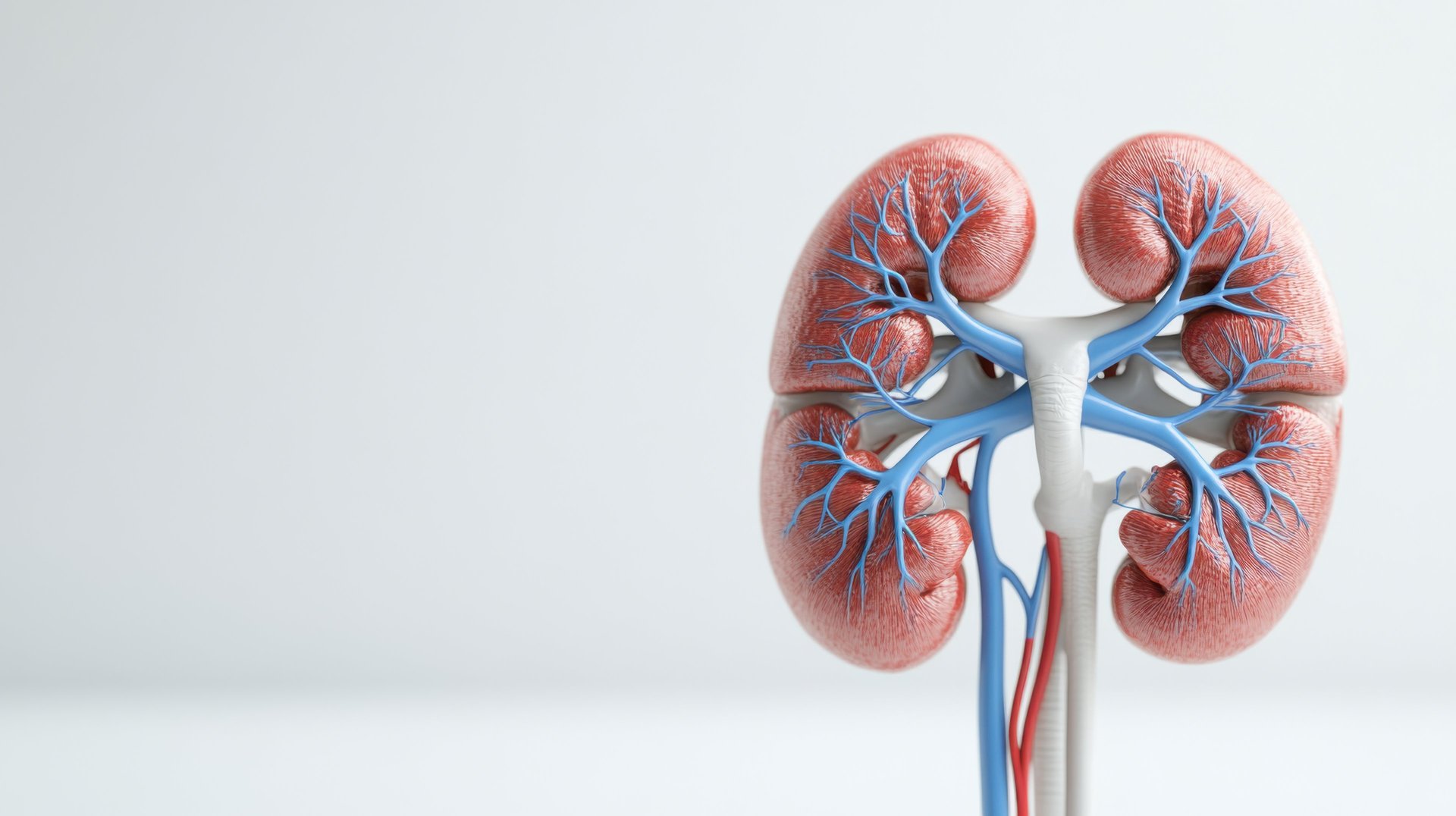
Signs and Symptoms of AKI
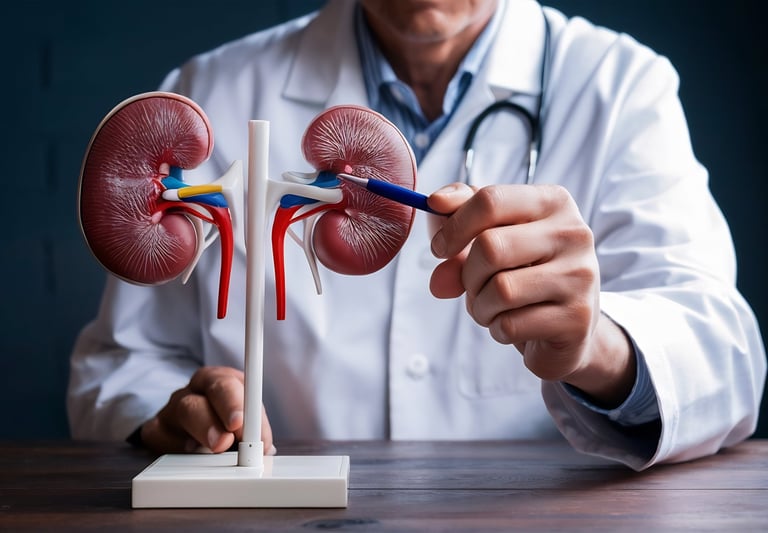

The symptoms of AKI can vary based on severity but may include:
Sudden decrease in urine output (oliguria)
Swelling in legs, ankles, or around the eyes (fluid retention)
Fatigue or weakness
Shortness of breath
Confusion or altered mental state
Nausea or vomiting
Chest pain or pressure
Elevated blood pressure
In severe cases, complete stoppage of urine (anuria)

Diagnostic Procedures
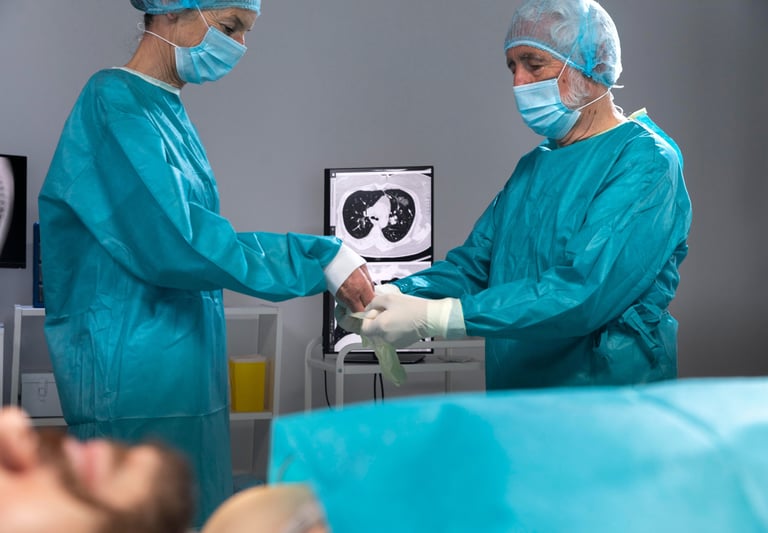

Dr. Tanmay Mukherjee follows a systematic and timely approach to diagnose and treat AKI:
Blood Tests: To evaluate creatinine, urea, and electrolyte levels
Urine Tests: To detect abnormalities in protein, blood, or sediment
Ultrasound of the Kidneys: To rule out blockages or structural abnormalities
Fluid Balance Monitoring: To assess intake vs. output and detect retention
Other Specialized Tests: If needed, including imaging, infection markers, or kidney biopsy
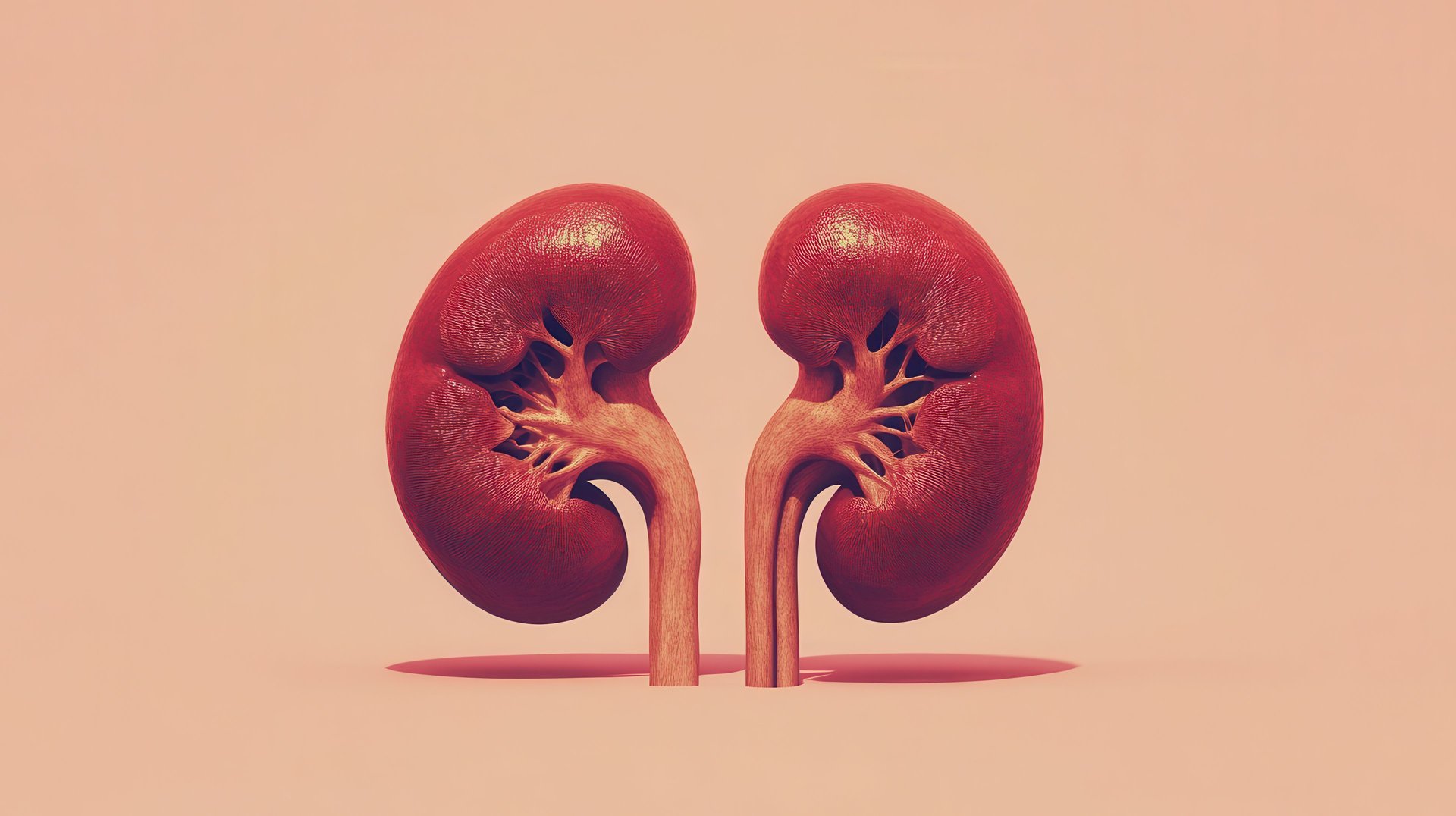
Why Choose Dr. Tanmay Mukherjee for Acute Kidney Injury (AKI) Care?
Specialist in Kidney Emergencies: With advanced training in nephrology and years of clinical experience, Dr. Mukherjee expertly handles complex AKI cases.
Evidence-Based Management: Uses the latest clinical protocols to ensure timely intervention and reversal of kidney injury.
Integrated Hospital Care: Skilled in managing AKI in ICU settings, post-operative complications, and sepsis-related kidney injury.
Clear Patient Communication: Dr. Mukherjee ensures that patients and families understand the condition, treatment options, and long-term precautions.
Team-Based Approach: Collaborates with intensivists, surgeons, and other specialists for a coordinated care plan.
Focus on Recovery: Personalized plans aimed at restoring kidney function and preventing recurrence or progression to chronic kidney disease.
Dr. Tanmay Mukherjee
Leading Nephrologist & Renal Transplant Physician in Kolkata. With more than 15 years of experience as a top nephrologist.
Contact us
Quick links
360, Panchasayar Rd, Sahid Smirity Colony, Pancha Sayar, Kolkata, West Bengal 700094
© 2024. All rights reserved.
